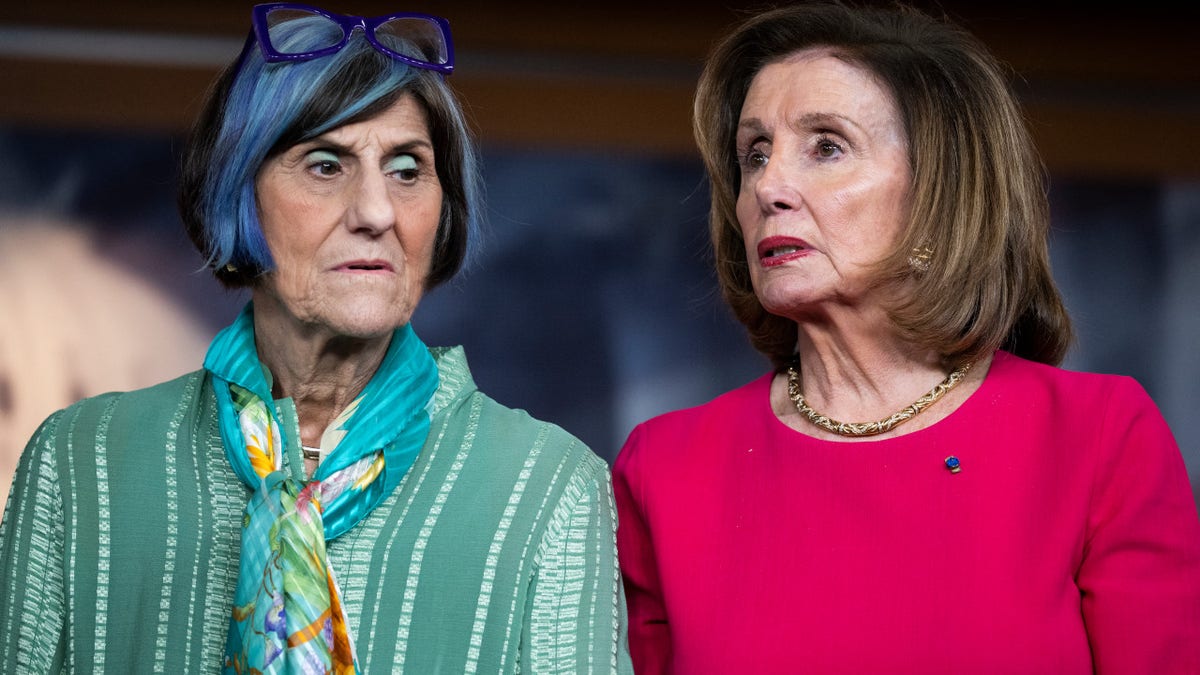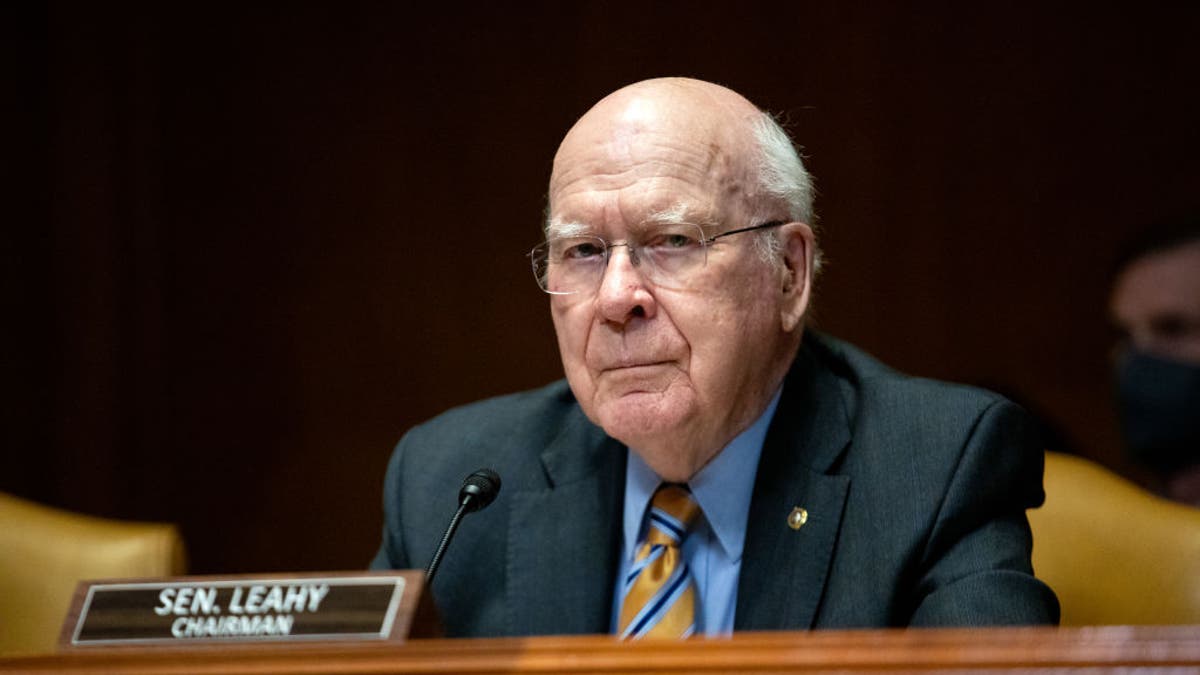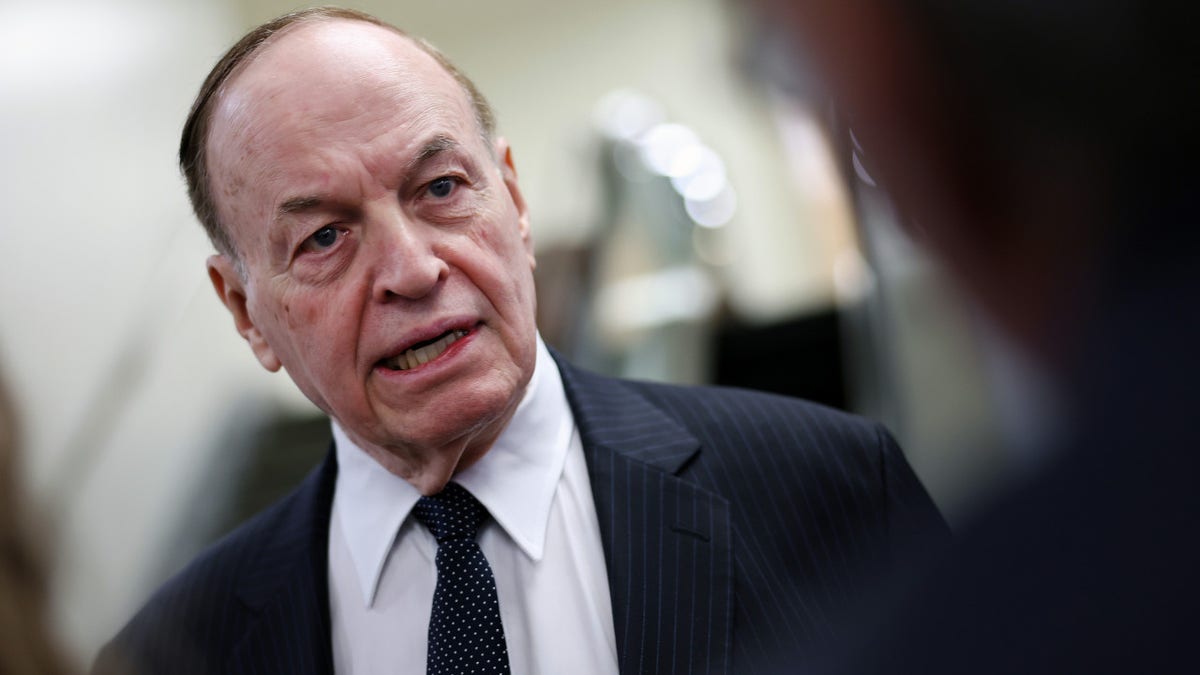Congress hopes to avoid sequestration in push to pass omnibus spending bill
Fox News congressional correspondent Chad Pergram provides details following the Democrats' final push for the omnibus spending bill ahead of a possible government shut down on 'Special Report.'
Under pressure to fund the government before Friday's deadline, Congressional lawmakers have made a deal on a framework to avert a partial government shutdown.
House and Senate negotiators said they reached a deal on Tuesday evening for what's expected to be a $1.65 trillion spending bill. Congress is expected to pass a short-term continuing resolution to fund the government at current levels through Dec. 23, giving lawmakers time to iron out the details on a longer-term government funding bill.
"We have a framework that provides a path forward to enact an omnibus next week," House Appropriations Committee Chairwoman Rep. Rosa DeLauro, D-Conn., announced late Tuesday. "Now, the House and Senate Appropriations Committees will work around the clock to negotiate the details of final 2023 spending bills that can be supported by the House and Senate and receive President Biden’s signature."
Her Senate counterpart, Sen. Patrick Leahy, D-Vt., said they worked with retiring Sen. Richard Shelby, R-Ala., to achieve "a bipartisan, bicameral framework that should allow us to finish an omnibus appropriations bill that can pass the House and Senate and be signed into law by the President."
SENATE TEES UP ONE-WEEK FUNDING BILL TO AVERT GOVERNMENT SHUTDOWN

UNITED STATES - MAY 17: Speaker of the House Nancy Pelosi, D-Calif., and Rosa DeLauro, D-Conn., conduct a news conference in the Capitol Visitor Center on legislation to address the baby formula shortage, on Tuesday, May 17, 2022. (Tom Williams/CQ-Roll Call, Inc via Getty Images) (Tom Williams/CQ-Roll Call, Inc via Getty Images)
Any deal on an omnibus bill passed before the end of the year would be a blow to House Republicans, who are pushing for a short-term funding bill that would keep the government open through mid-January, by which time Republicans will seize control of the House and have more leverage in spending negotiations.
Democrats want a long-term spending bill passed now, ostensibly to take the issue off the table and allow Congress to work on countering threats from Russia and China, as well as heading off a likely recession.
SCHUMER SAYS SINEMA FLIP WON'T AFFECT DEM CONTROL OF THE SENATE, SUBPOENA POWER INTACT

Sen. Patrick Leahy, D-Vt., listens during the Senate Appropriations Committee Subcommittee on Defense at the U.S. Capitol on May 3, 2022, in Washington, D.C. (Amanda Andrade-Rhoades-Pool/Getty Images)
"The pain of inflation is real, and it is being felt across the federal government and by American families right now," Leahy said. "We cannot delay our work any further, and a two-month continuing resolution does not provide any relief."
Republican Senate Minority Leader Mitch McConnell has said any deal on a long-term spending bill must be brought to a vote by Dec. 22, else it will have to wait for next year.
20 HOUSE REPUBLICANS PUSH CONGRESS TO IMPEACH DHS CHIEF ALEJANDRO MAYORKAS

Sen. Richard Shelby, R-Ala., talks to reporters on his way to the Senate weekly policy luncheons, at the U.S. Capitol on Dec. 6, 2022, in Washington, D.C. (Kevin Dietsch/Getty Images)
"We intend to be on the road going home on the 23rd. We intend not to be back here between Christmas and New Year’s, and if we can’t meet that deadline, we would be happy to pass a short-term (resolution) into early next year," McConnell said.
McConnell voiced confidence Republicans would be able to meet their priorities of increasing spending on defense without "having to pay a bonus above what President Biden asked for" on non-defense priorities. He said Democrats were willing to accept that because they had previously passed two bills on a party-line basis that allow for more government spending on various domestic priorities.
Sen. Richard Shelby, R-Ala., said last week that the two parties were about $25 billion apart in what is expected to be about a $1.65 trillion package, not including mandatory spending on programs such as Social Security and Medicare. However, Democrats in their statements did not indicate what topline spending number had been reached in the framework announced Tuesday.
CLICK HERE TO GET THE FOX NEWS APP
The Associated Press contributed to this report.












































